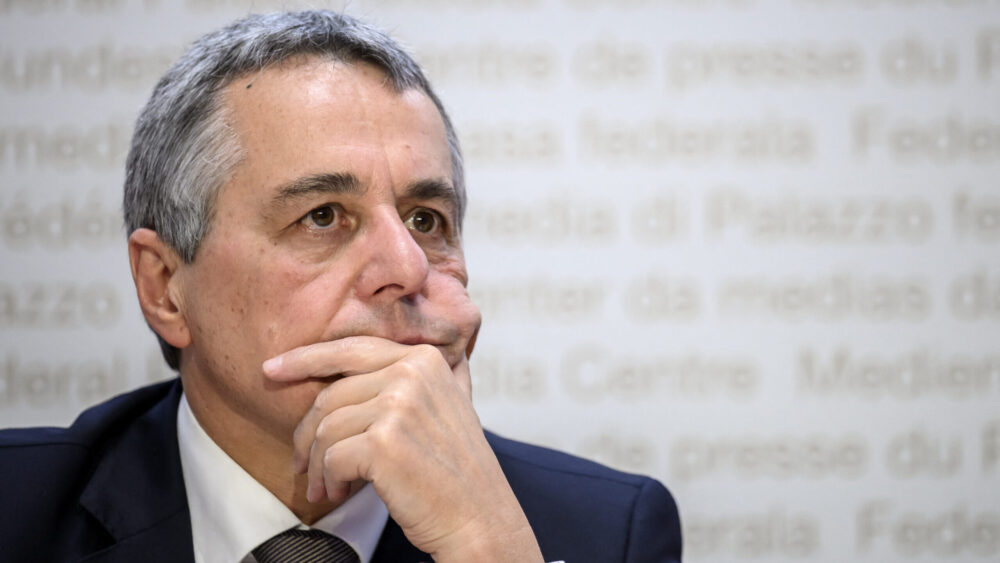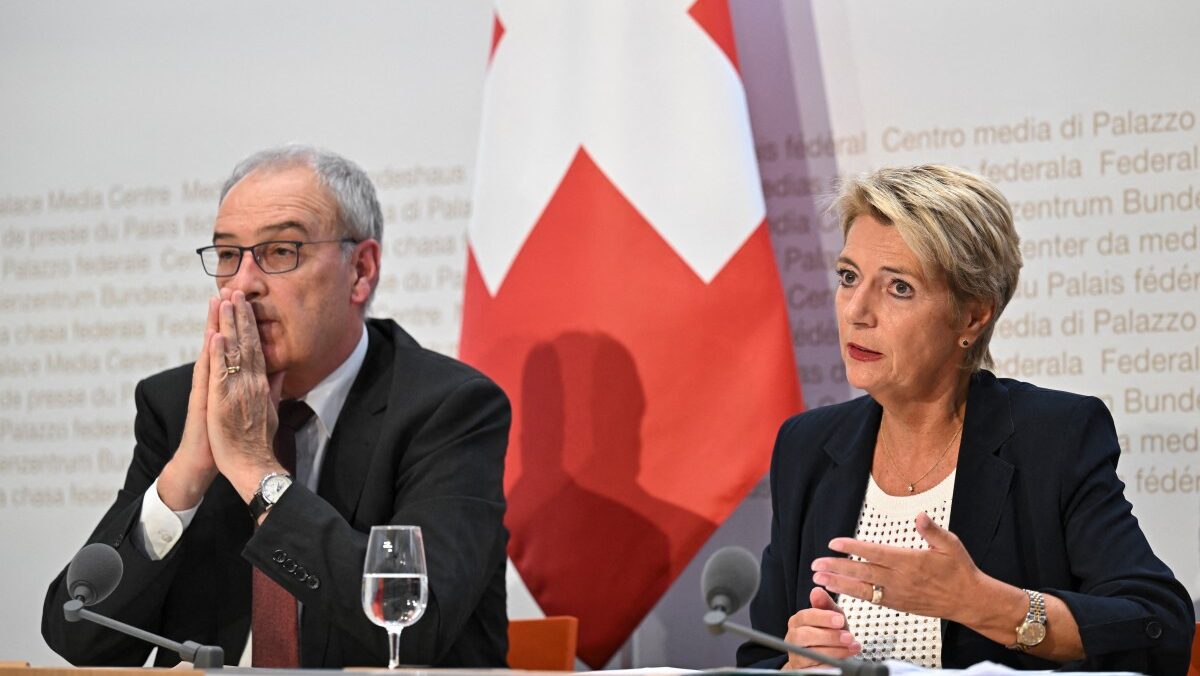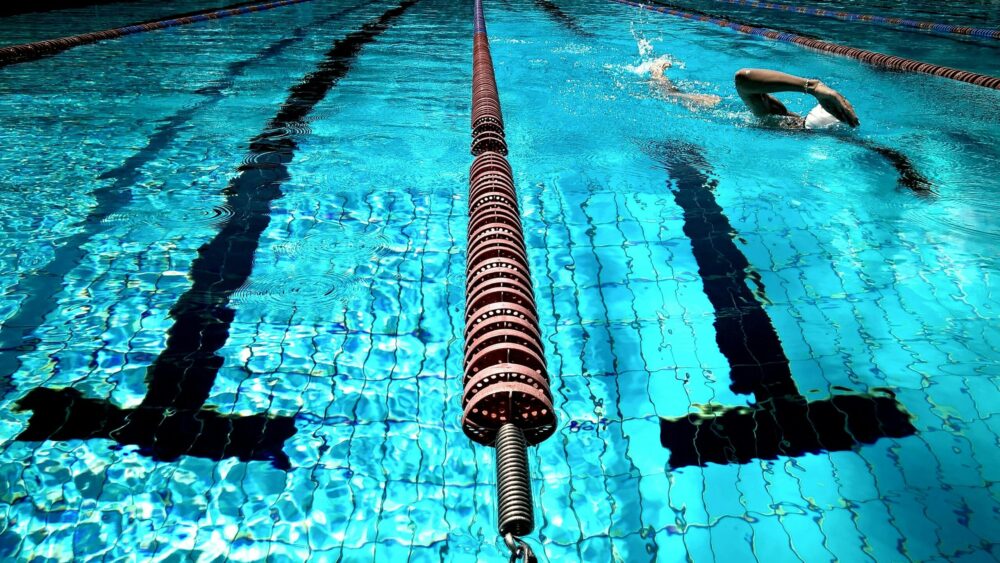
Riots Erupt in Lausanne After Teen Dies Fleeing Police
A hundred masked rioters clashed with police after a 17-year-old with a migrant background ran a stolen scooter into a wall.

A hundred masked rioters clashed with police after a 17-year-old with a migrant background ran a stolen scooter into a wall.

Swiss FM Ignazio Cassis says an ICC exception applies only for a peace conference, as Macron pushes Geneva for a Putin–Zelensky summit.

“We want a rule-based relationship with the United States … but not at any price,” said President Keller-Sutter.

Swimming pools are becoming hotbeds of harassment in Central Europe.

Porrentruy in Jura now restricts pool access to locals after a surge in harassment by foreign nationals.

The scene, in which a man kills his wife over her rejection of religious fanaticism, was performed at a school with a large migrant population—without any post-play explanation.
Nonetheless, support for a well-trained militia army remains high
Residents say they were misled and left out of decisions as refugee housing plans escalate.
The man is accused of killing another Eritrean man on Sunday
A two-kilometre debris field has blocked a river, with fears of flooding growing.